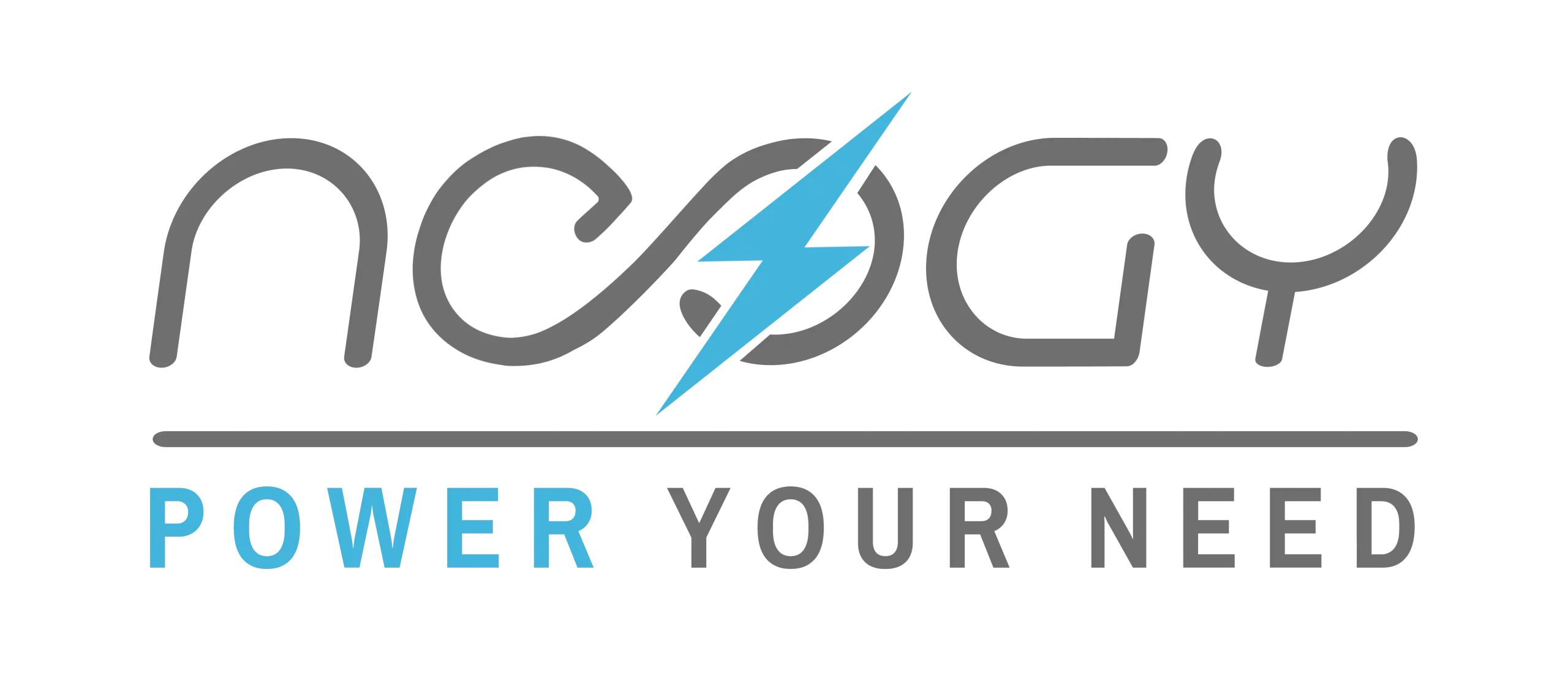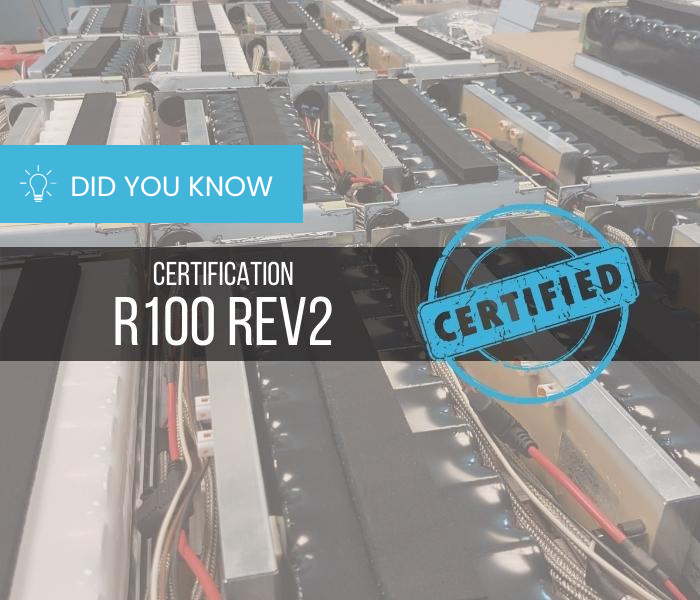The R100 Rev2 certification is a very important element in the electric mobility sector. The electric mobility sector is at the heart of the energy transition. Several issues are being considered to develop this field, including the safety of electric vehicles incorporating an electric battery.
At present, the most widespread technology in battery design in the electromobility sector is lithium-ion. It is not surprising that this electrochemistry is so widely used across the world. Lithium-ion allows for high energy density, high power density and ease of use both in charge and discharge. But all these advantages have a strong counterpart: the risk of fire, mainly.
For this reason, certifications of battery packs are currently essential and concern all sectors of activity, including technical, transport and use certifications, among others. The UN38.3 standard, for example, is compulsory for the transport of lithium-ion batteries by road, air and sea, starting from a production of 100 pieces, while CE certification is a European standard that indicates that a product is manufactured in accordance with European standards, in this case, the batteries must pass tests relating to electromagnetic compatibility (EMC) in order to obtain this marking and be able to be exported to Europe.
What is R100 Rev2 certification?
There are certain certifications specific to a sector of activity, such as R100 Rev2, a European certification for electric road vehicles. The first version of this certification dictated the specific safety requirements for electric road vehicle powertrains, particularly with regard to the battery. The revision of this certification, released in 2013 and made mandatory in 2016, added new tests that battery packs must undergo in order to be R100 Rev2 approved.
This certification is issued by UTAC, a laboratory selected by the French government to carry out clinical tests which, following a series of tests, certifies or not a battery pack.
Other European countries have accredited other laboratories, such as the TUV in Germany.
To obtain R100 Rev2 certification, battery packs are subjected to a series of 9 tests, during which the batteries are abused and voluntarily pushed to their limits in order to verify their resistance.
List of the 9 tests required:
- Vibration test
- Thermal shock and cycling test
- Mechanical shock
- Crash test: crushing of the battery under 10 tons.
- Fire resistance: the battery is placed over a diesel fire for more than 2 minutes.
- Short circuit protection
- Overload protection
- Over-discharge protection
- High temperature protection
The packs must be highly engineered and secure to pass these tests. For example, a battery pack tested under extreme heat must be able to avoid thermal runaway and prevent the heat from being propagated from cell to cell. This is why the mechatronic design of the pack as well as the choice of its BMS are crucial.
The R100 Rev2 certification is all the more important as without it, electric vehicles cannot legally circulate in Europe.
Stakeholders concerned by ECE R100 approval in electric mobility.
The automotive sector is undergoing an electric revolution and more and more players are entering the electric vehicle market. A distinction is made between “on-road” vehicles and “off-road” vehicles, which are intended for use off the road. The latter are exempt from R100 Rev2 certification.
As R100 Rev2 certification is essential for the marketing of electric vehicles, the choice of battery pack is more strategic than ever for manufacturers of on-road electric vehicles. At the same time, other players working with electric vehicles are concerned by this approval: this is the case of “retrofitters”. Automotive retrofitting, which has recently emerged, consists of transforming petrol or diesel engine vehicles into electric vehicles. Although this activity was highly restricted at the beginning, it is now authorised in France and has been since April 2020.
Neogy® is the first French pack maker to obtain ECE R100 Rev2 certification.
Due to its technical expertise, Neogy® is asked to develop complex solutions for various e-mobility applications.
After several months of design and mechatronic study (battery design, safety elements, mechanical resistance tests to shock and vibration), we were led to pass the R100 Rev2 certification on one of our battery packs intended for the automobile.
The added value of the R100 Rev2 certified Neogy® battery pack is that it has been certified alone. In general, for practicality and ease of operation, electric vehicles pass the R100 Rev2 certification with their battery pack integrated into the vehicle. This allows the battery pack to benefit from the protection of the vehicle body itself. The disadvantage is that in this case, if the battery pack is removed from the vehicle, it loses its certification. At Neogy®, we have given our battery pack the R100 Rev2 approval on its own, which is a testament to its safety, even without the protection of the vehicle.
R100 Rev 3 is planned. The main addition, under discussion, is to perform a thermal runaway test of a cell and check the effects outside the battery pack. NEOGY has already developed and implemented concepts to limit these effects.
To discover all our battery pack solutions, click here.

